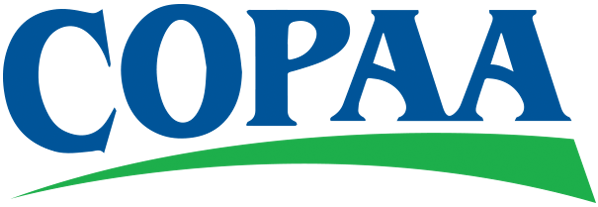Nexus Education Services
- NEWS -

Every parent deserves to experience their student having academic success.
Achieving academic success is a goal shared by students and parents alike,
but navigating the complexities of school work can often prove challenging
for parents as they navigate the nuances and changes in education and
technology. In the quest for better grades and mastery of skills, the role
of a good tutor becomes very important. Private tutoring can offer parents
and students a beacon of hope, offering personalized support and guidance
tailored to individual learning needs. In this blog, we explore why private
tutoring is indispensable in the pursuit of academic excellence and how it
serves as a catalyst for improved performance and success in school.
In the realm of special education, empowering students with dyslexia, a
specific learning disability, is a collaborative effort that involves the
entire IEP team. Dyslexia, a specific learning disability that impacts
reading and related language-based processing skills, requires tailored
strategies to ensure academic success making the development of measurable
IEP goals a key focus. This blog will explore effective approaches for
developing dyslexia focused IEP goals, emphasizing the crucial role of the
IEP team, grade-level considerations, and the IEP process. Keep in mind
that a student identified with dyslexia may instead have a 504 plan rather
than an IEP, for the purpose of this blog we are focusing how the IEP can
help play a supporting role for a student with dyslexia educational
success.
As a parent or educator of a child with special needs, understanding and
tracking a student's progress is essential for their educational journey
and success. Individualized Education Programs (IEPs) play a pivotal role
in shaping the academic and developmental experiences of children with
disabilities. Within the realm of IEPs, IEP progress reports are the
compass that guides parents and teachers, ensuring that a child's
educational path is on the right course.
In this roadmap, we will explore what IEP progress reports are, their
significance, and best practices for parents and teachers when it comes to
deciphering these crucial documents. Whether you are a seasoned educator or
a concerned parent, this blog will serve as a valuable roadmap to navigate
the world of IEP progress reports, ensuring that you can actively
participate in your child's educational journey and provide them with the
support they need to thrive.
Parenting a child with special needs comes with its unique set of
challenges, and one of the most critical moments in your child's
educational journey is the Individualized Education Program (IEP) meeting.
The IEP process involves a collaborative effort, bringing together a team
of professionals including school administrators, special education
teachers, general education teachers, school psychologists, and various
related service providers. In this comprehensive guide, we will delve
deeply into 13 key steps to help you prepare for your child's IEP meeting,
ensuring a positive outcome that paves the way for your child's academic
success and well-being.
As a parent, ensuring your child receives the education they deserve is a
top priority. This task can become more complex when your child has special
needs or disabilities. It's essential to understand the differences between
two key legal frameworks designed to provide an appropriate education for
such students: the Individualized Education Program (IEP) and the 504 Plan,
both operating under federal laws, the Individuals with Disabilities
Education Act (IDEA) and the Rehabilitation Act, respectively. In this
extended blog, we will delve deeper into the distinctions between IEPs and
504 Plans, equipping you with the knowledge you need to make informed
decisions about your child's education.
The education evaluation process can be daunting for parents, especially
when their child has unique educational needs. Understanding the various
terms, steps, and rights associated with this process is essential for
advocating for your child's education. One crucial aspect is the
Individualized Education Program (IEP), which is a personalized plan
developed for students with disabilities. To help you navigate this
journey, we've compiled nine valuable tips for understanding your child's
education evaluation.

